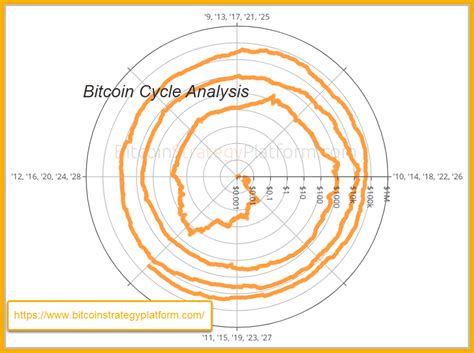- سبدخرید خالی است.
- ادامه خرید
Bitcoin: What happened to this Bitcoin transaction? Block fee lost?
Unraveling the Mystery of the Lost Block Fee: Discovering the Problem with Bitcoin Transactions

As a Bitcoin blockchain indexer, you are well aware that each transaction within a block is linked by its hash. This creates a complex network of transactions, each of which builds on the previous one to form a new block. However, when it comes to handling these transactions, there is often an underlying issue that requires attention: lost block fees.
In this article, we will delve into what happened to the block fee in a Bitcoin transaction and explore the possible causes of this anomaly. We will also provide guidance on how to resolve this issue and ensure your blockchain indexer is functioning properly.
The Block Fee: A Critical Component
The block fee is a critical component of the Bitcoin protocol, which determines the order in which transactions are processed within each block. When a new block is created, it includes all the unconfirmed transactions from the previous block, as well as all the pending transactions that have not yet been included in a block. The total value of these unconfirmed and pending transactions determines the block size and difficulty.
The Problem: Lost Block Fee
In Bitcoin, when a transaction with a small or zero block fee is processed, a lost block fee can occur. This occurs when the transaction is not included in the new block due to its low value or lack of urgency (e.g., it is not worth adding to the block). As a result, the block size remains unchanged and all pending transactions are still waiting to be included.
Possible Causes
A number of factors can cause lost block fees:
- Transaction Value: If a transaction has a small block fee or is not worth including in the new block, it may be skipped.
- Lack of Urgency: If a transaction has no urgent requirements (e.g., it has already been paid), its inclusion in the block may not be deemed necessary.
- Transaction Priority: Transactions with higher priority levels (e.g. payment or verification) may take precedence over smaller transactions, resulting in lost block fees.
- Block Size Limit
: Bitcoin’s block size limit is set to 1 MB. If a transaction exceeds this limit, it may not be included in the new block.
Troubleshooting
To resolve the lost block fees issue, you can follow these steps:
- Verify Transactions: Regularly review all incoming and outgoing transactions to ensure their values are sufficient to be included in the new block.
- Adjust Transaction Priorities: Implement a system to prioritize transactions based on their urgency or importance.
- Implement a Block Size Limit: Consider adding a block size limit to avoid excessive transaction fees and potential lost block fees.
- Optimize your indexer: Make sure your indexer is properly configured, with enough memory and resources to handle large blocks.
Conclusion
Lost block fees are an inherent aspect of Bitcoin design, but with proper configuration and monitoring, you can mitigate this issue and ensure the smooth operation of the blockchain. By understanding the causes and implementing solutions, you will be well on your way to building a reliable and efficient bitcoin blockchain indexer.
For further guidance or specific questions about your project, feel free to ask!
